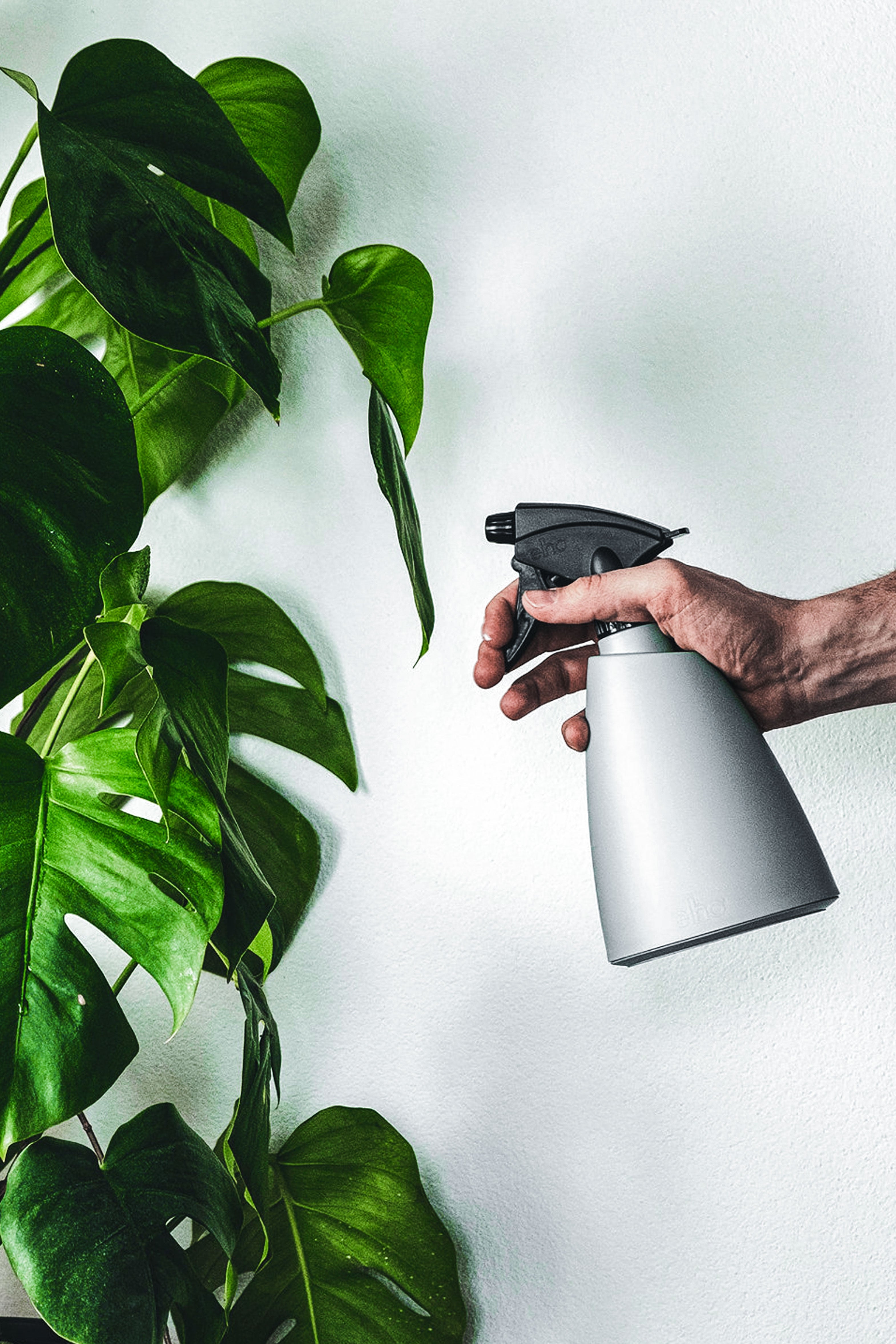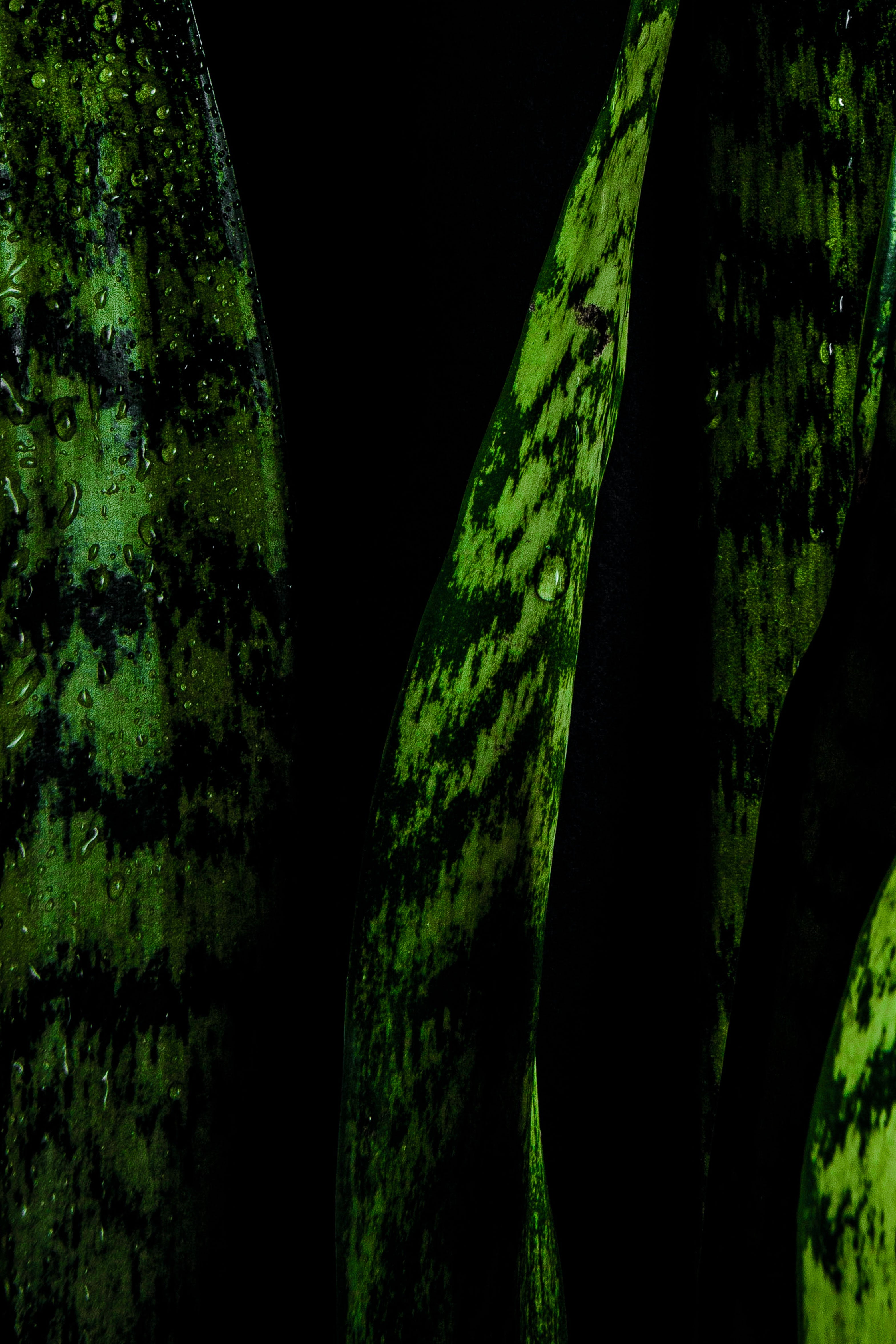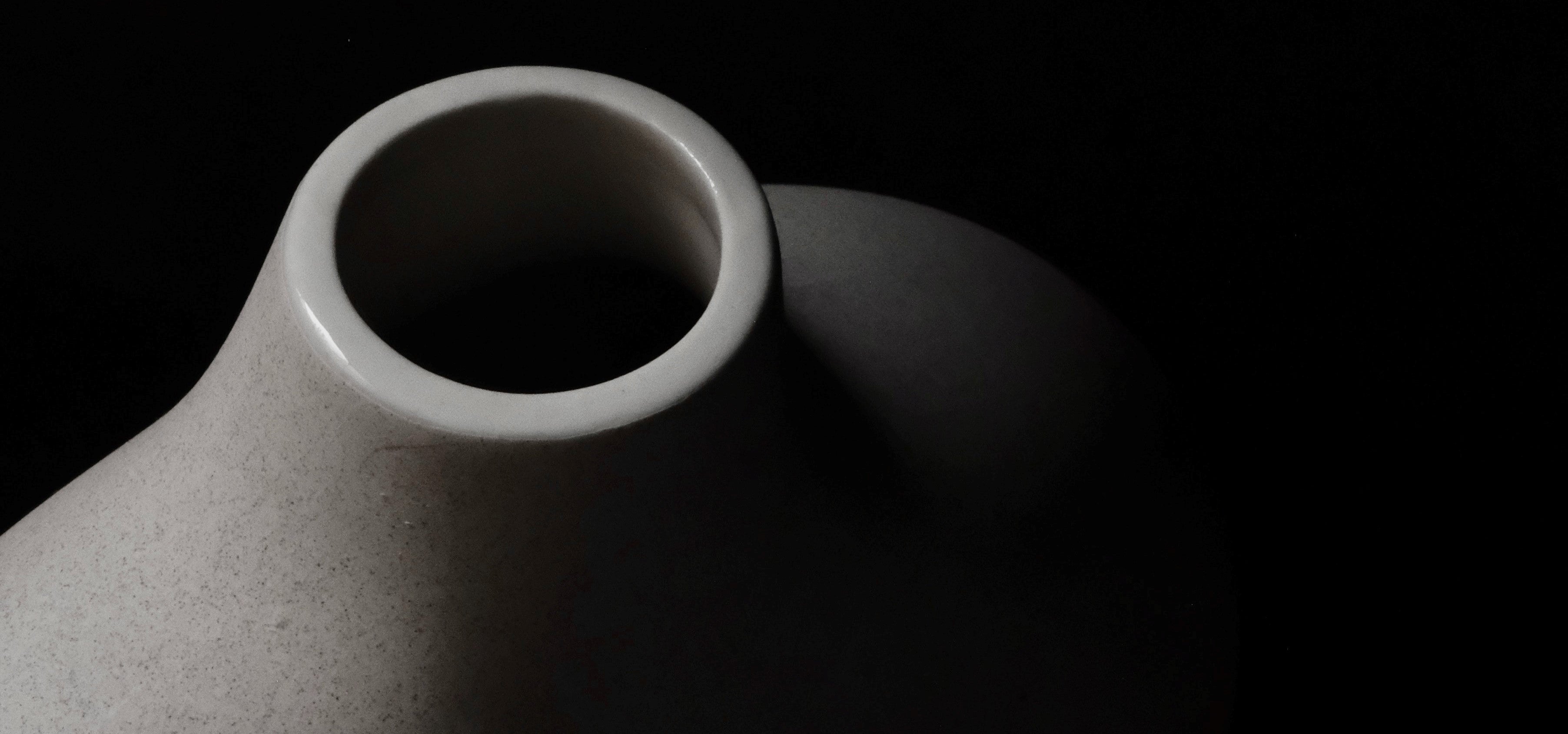Ficus care: a guide to keeping them healthy and strong.
Ficus
The ficus is a popular and easy-to-care-for houseplant, known for its large, glossy leaves and its ability to improve air quality in the home. There are many varieties of ficus, including Ficus lyrata, also known as the fiddle-leaf fig, and Ficus elastica, also known as the rubber plant. This plant prefers bright but indirect light and requires regular, non-waterlogged watering. It tolerates pruning well and can be sheared to maintain its size and shape. The ficus plant is native to tropical and subtropical regions around the world, including Asia, Africa, Central and South America, and some Pacific islands.
Fun fact
Some cultures believe the fig tree is a sacred tree, symbolizing fertility, immortality, and connection with nature. The ficus plant is also an important plant in bonsai culture, where it is cultivated and shaped into small, detailed artistic forms.
Looking for an easy way to add greenery and elegance to your home? Discover our selection of ficus trees and transform your space into an oasis of freshness and style!
___________________________________________________________________________
How do I care for my ficus?
Use these instructions to care for a ficus tree. This guide will tell you how to water it, its light, temperature, humidity preferences, and any additional care it may need to help it thrive.
Light
Ficus prefers bright but indirect light. Avoid long periods of direct sunlight, as this can burn the leaves. If your ficus plant doesn't get enough light, it may lose its leaves.
Water
It needs regular watering, but it doesn't like standing in water. Water the plant when the top layer of soil is dry to the touch; you can also insert a wooden stick and see how wet it is, which will allow you to see if it's completely dry. Always make sure the water drains well. In winter, reduce watering frequency.
Humidity
It prefers a humid environment, especially in winter when heating can dry out the air. Mist the plant's leaves with water regularly to increase the humidity around the plant. You can also place a saucer of water near the plant to increase the humidity in the air.
Temperature
The ideal temperature for a ficus plant depends on the variety and the specific conditions of its environment. In general, most ficus varieties prefer warm, consistent temperatures, between 18°C and 25°C during the day and no lower than 15°C at night. Some ficus varieties, such as Ficus benjamina, can tolerate lower temperatures.
Substratum
Feed your ficus plant once a month during the growing season (spring and summer) with a balanced liquid fertilizer. Do not feed the plant in winter, when it's dormant.
Toxicity
Some varieties of the ficus plant can be toxic to animals if ingested. The plant's leaves and latex contain chemicals that can cause skin and gastrointestinal irritation in animals.
Additional
The ficus plant is susceptible to some problems, such as spider mites and mealybugs, but they can be treated with regular care and attention. Overall, the ficus is a great choice for those looking for a low-maintenance, attractive houseplant.
___________________________________________________________________________
Common Ficus Problems
Why do leaves fall?
There are several reasons why ficus plant leaves may begin to droop. Below are some of the most common causes:
-
Changes in the environment: The ficus plant can be sensitive to changes in its environment, such as light, temperature, and humidity. If its location is changed or if environmental conditions change suddenly, the plant may lose some of its leaves.
-
Lack or excess water: It requires regular watering, but it also needs adequate drainage. If the plant is overwatered or left standing in water, the roots can rot and the plant may lose leaves. On the other hand, if the plant is not watered enough, it may lose leaves as a result of lack of water.
-
Pest Problems: It may be susceptible to pest problems such as mites, mealybugs, and scale. If the plant is infested, it may lose leaves as a result of pest damage.
-
Insufficient nutrients: It needs adequate nutrients to grow and stay healthy. If the plant doesn't get enough nutrients, it may lose leaves and show signs of lack of vigor.
-
Improper pruning: If the plant is pruned incorrectly, it may lose leaves as a result of the stress caused by pruning.
In short, if your ficus plant's leaves begin to droop, you should carefully review environmental conditions, watering, nutrition, and the presence of pests to determine the cause and take the necessary steps to resolve the problem.
Why do my Ficus leaves have black spots?
Ficus plant leaves can turn black for several reasons, including:
-
Overwatering: If the plant receives too much water, the roots can rot, which can cause the leaves to turn black. It's important to ensure the plant has good drainage and is watered properly.
-
Fungus or Diseases: Fungal diseases, such as root rot and anthracnose, can affect the plant and cause the leaves to turn black. It's important to treat the plant immediately if a fungal disease is suspected.
-
Pest Problems: Pests such as mites, mealybugs, and scale can damage the plant and cause the leaves to turn black. It's important to treat the plant immediately if you notice the presence of pests.
-
Insufficient or excessive light: If the plant doesn't receive enough light or receives too much direct light, the leaves may turn black. It's important to make sure the plant is receiving the right amount of light; remember, plenty of indirect light is ideal.
___________________________________________________________________________
Benefits of Ficus
1. Air purification
Ficus trees are known for their ability to purify indoor air. They help eliminate common toxins from the environment, such as formaldehyde and benzene, improving air quality in the home and creating a healthier environment.
2. Decorative properties
The Ficus is a houseplant prized for its lush leaves and majestic appearance. It adds a touch of greenery and freshness to any space, making it an ideal decorative element for homes and offices.
3. Easy maintenance
Although it may require some specific care, the Ficus is generally a hardy plant that adapts well to a variety of environments. This makes it suitable for both beginner and more experienced gardeners.
4. Stress reduction
Having plants like the Ficus in your workplace or home can help reduce stress and improve overall well-being. Studies have shown that the presence of plants contributes to greater relaxation and concentration.
5. Symbolism and meaning
The Ficus tree has positive symbolism in many cultures. It is associated with abundance, peace, and longevity. Having a Ficus tree in your home can be seen as a symbol of good fortune and prosperity.
6. Creation of microclimate
Ficus trees can help maintain humidity in the air, especially in dry climates or heated spaces. This not only benefits humans but also other nearby plants that may enjoy a more humid microclimate.
7. Attractive to wildlife
Outdoors, Ficus trees can attract birds and other animals, creating a small ecosystem around the plant. This contributes to biodiversity and ecological balance in the garden.
Why not give this incredible plant a try? At Nau Green, we have a special selection of Ficus trees waiting to become part of your family. Whether for your living room, your office, or as a gift for someone special, Ficus trees are always a great choice.












Buenos días!!! Necesito ayuda tengo un ficus y está muy grande, debería podarlo y hacer esquejes??? Que puedo hacer por favor. Tengo miedo a cortarle y no me saque raíz. Un abrazo!!
Leave a comment